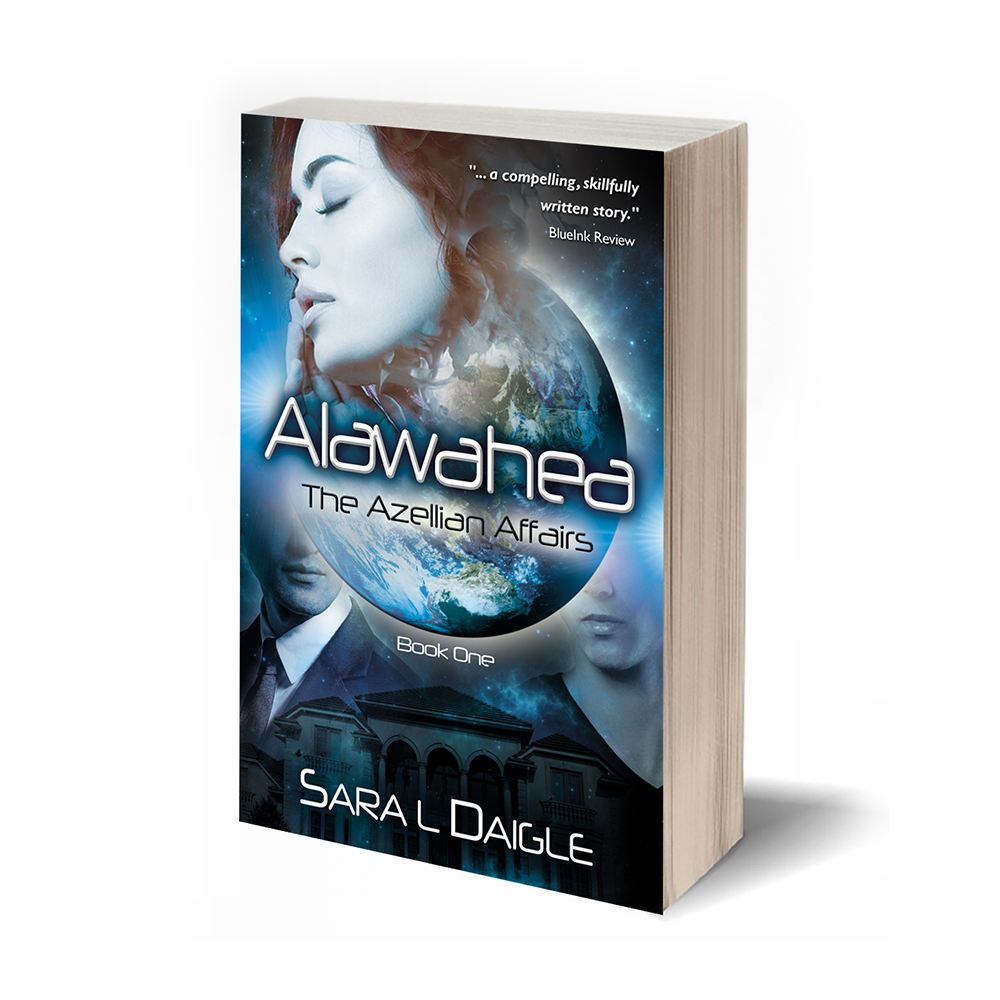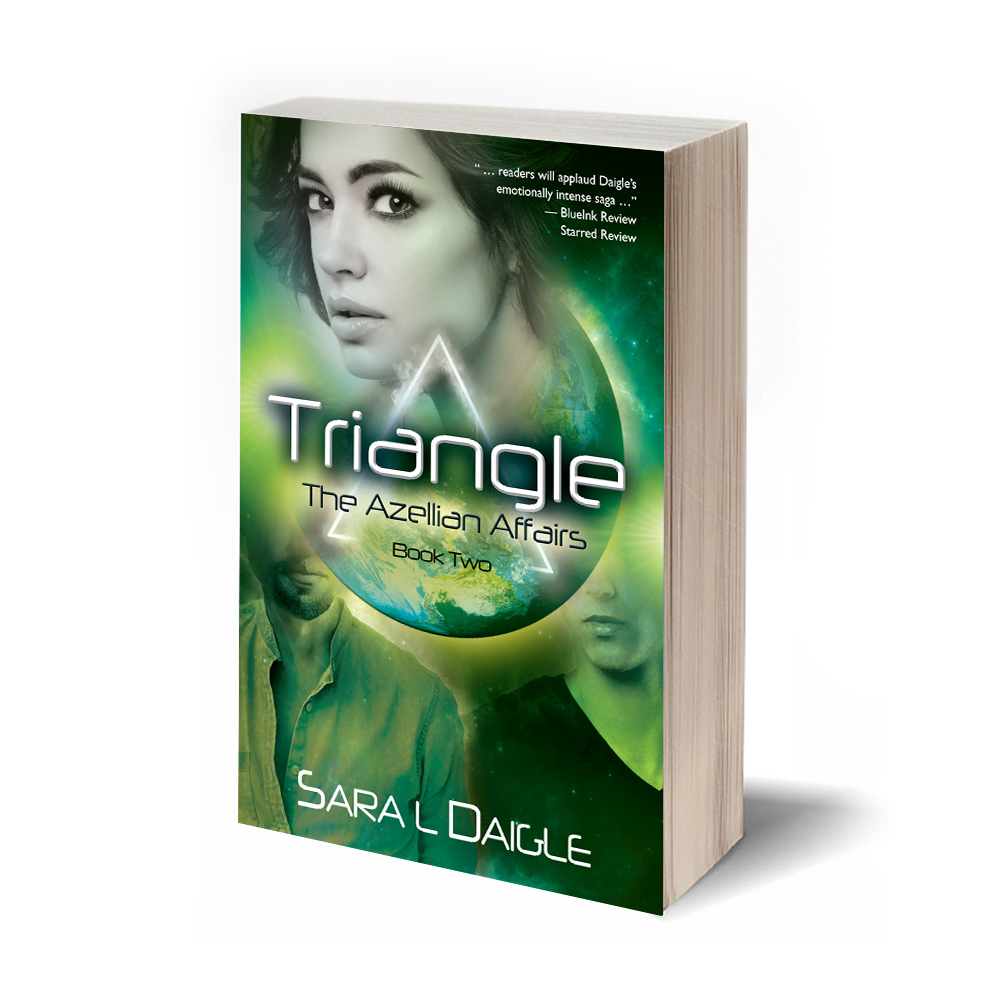Do I Suck? An Author's Biggest Fear
/One of the more interesting aspects of being a writer is that secretly held fear that we authors are really terrible and our friends and people who know us are just being nice when they praise us for what we wrote. This perspective really dominated my thinking for a very long time. At times, it prevented me from being willing to go through the process of publication. At others, it nudged me not-so-gently into putting my book into contest after contest to prove to myself that this not-so-secret fear was just hot air.
I recently had a post on my social media that points to this truth in an odd way. “Do-I-Suck-Aphobia”, as weirdly angled and negative as that title feels, is a real thing. Despite all this effort at convincing myself that my writing was actually enjoyable and people might like to read it, it still lurks in the back of my mind even now, two books into my writing career. Does JK Rowling still feel it? Probably, at times, when she is moving into a new genre she has never been in before and she’s facing the same kind of uncertainty she undoubtedly had when she first wrote and submitted Harry Potter for publication. Actors certainly feel it, too, as they constantly compete with one another for roles. Artists do, too. So does someone who is applying for a job, or an athlete getting ready for a competition. It is one of those common human experiences. We all want to be accepted and liked, and putting ourselves out there, whether through the written word or in our public lives and images, it’s bound to come up.
What can we do about it? Like all fears, the only thing that eventually washes it away is consistent exposure, so we can eventually get to a point that we can laugh at it. It does fade into irrelevance eventually—I’m sure that Stephen King, when he puts out another spine chilling horror story that will linger in the human psyche for a very long time, no longer worries about whether or not he sucks at writing. He doesn’t, and that’s pretty obvious, after so many best sellers and movies.
Yet a lack of external confirmation of one’s skill doesn’t mean we can’t feel confident and comfortable in our own skin. I don’t need someone to tell me that my books are good—or that they are bad, for that matter, because there will be people from both ends of the spectrum. The more edgy the story, the more it will touch people strongly, and if it triggers someone, they will react strongly to it. Sometimes even negatively. This is part of being out there. We, as authors, may trigger someone. They may react badly. We have to be okay with that because, in the end, the true resolution to “Do-I-Suck-Aphobia” is a deep comfort with who we are, and what we are saying. Someone may not agree with us, but is what we are saying true to the loving, compassionate beings that we are? Then we can say it, knowing that we don’t suck, and never have.


